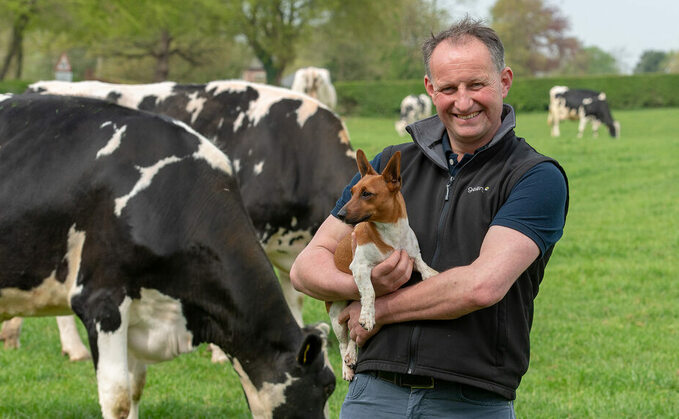
We have been keeping busy by topping, striving to mix and match cutting and grazing, hay making, preparing for silage and, as ever, fencing. Fencing can seem an endless task and I wonder if one day...

We have been keeping busy by topping, striving to mix and match cutting and grazing, hay making, preparing for silage and, as ever, fencing. Fencing can seem an endless task and I wonder if one day...
The Government has announced plans to end trail hunting as part of its Animal Welfare Strategy. However, the countryside has hit back and said it will never let the sounds of hounds die
Tom Bradshaw uses opening address to challenge government to recognise the importance of farming as a 'cornerstone of national security'
For over 150 years, H&H has supported the farming sector. And the group is continuing to support farmers with applications being taken for its Rural Matters Bursary Fund to give young farmers in Cumbria a helping hand in their early careers